HOT PRODUCTS
In today’s fast-paced office environments, hydration solutions are no longer just about convenience—they’re about performance, health, and efficiency. An Office Countertop Water Dispenser might appear simple on the surface, but beneath its compact exterior lies a blend of advanced temperature control and filtration technologies that make all the difference. For businesses looking to offer quality drinking water while maintaining a professional workspace, understanding these technical components can guide smarter procurement decisions.
Temperature control is a key feature that often gets overlooked. The most common systems are compressor-based and thermoelectric cooling. Compressor systems work similarly to refrigerators, offering powerful and fast cooling suitable for high-demand environments. They are ideal for larger offices or areas with higher ambient temperatures. Thermoelectric cooling, on the other hand, uses a Peltier module and is more compact and quieter, though it’s generally better suited for smaller workspaces or regions with milder climates. The choice depends on the usage intensity and environmental conditions of the office.
Heating technology is equally important for offices that offer hot water for tea, coffee, or instant meals. Many high-end office water dispensers use a stainless steel heating tank for durability and faster recovery times. Some even offer energy-saving modes that maintain water at optimal temperatures without continuous reboiling, aligning with green office goals. Dual-temp dispensers—those that can serve both hot and cold water—are particularly popular because they maximize functionality without requiring additional appliances.
When it comes to filtration, the market has evolved far beyond basic sediment filters. Activated carbon filters remain a staple for removing chlorine and organic compounds that affect taste and odor. However, businesses with stricter hygiene requirements may opt for multi-stage systems that include UF (ultrafiltration), UV sterilization, or even RO (reverse osmosis) modules. These advanced solutions can filter out bacteria, viruses, heavy metals, and microplastics—providing not just better-tasting water but also peace of mind in terms of employee health.
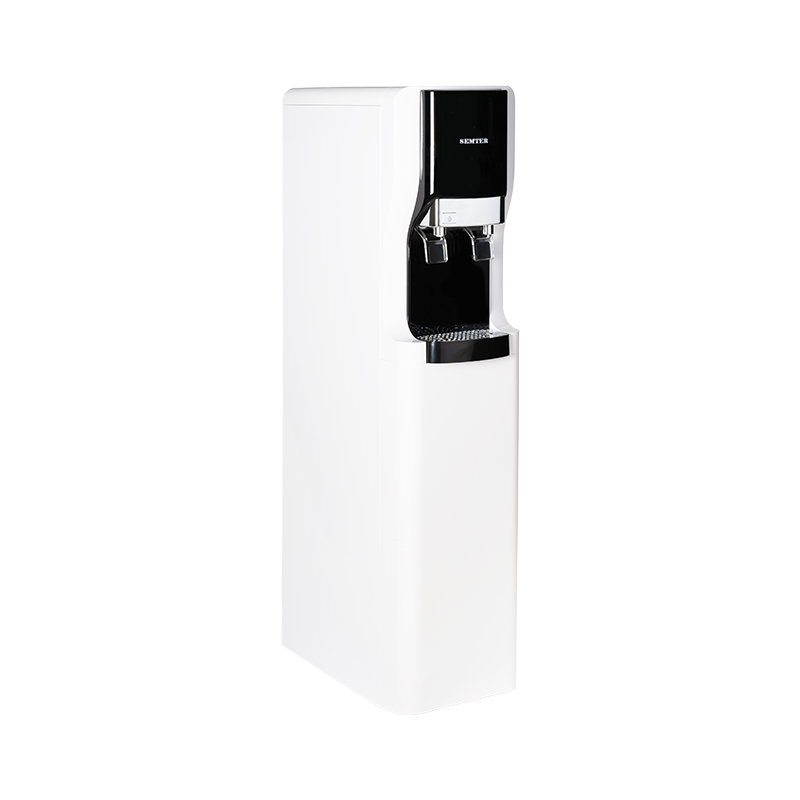
Choosing the right filtration system should also take into account regional water conditions. For example, offices located in areas with hard water may benefit from dispensers that include scale-inhibiting filters or ion-exchange cartridges. In contrast, offices drawing from municipal supplies with high chlorine levels will prioritize carbon filtration. It’s this level of consideration that turns a basic dispenser into a tailored hydration solution for a modern workplace.
Durability and serviceability are also tied closely to internal technology. A quality Office Countertop Water Dispenser will have components that are easy to maintain or replace, such as quick-change filter cartridges and modular heating/cooling units. Some manufacturers even offer smart monitoring features that track filter life or water quality, which is a valuable tool for facility managers overseeing multiple units across large office complexes.
As a manufacturer with deep experience in hydration systems, we understand that purchasing an office water dispenser isn’t just about quenching thirst—it’s about investing in long-term performance, health compliance, and daily usability. With the right mix of temperature control and filtration technology, a well-chosen countertop dispenser does more than sit on a counter—it enhances the workplace experience and reflects your company’s commitment to quality.





 Language
Language
 English
English Español
Español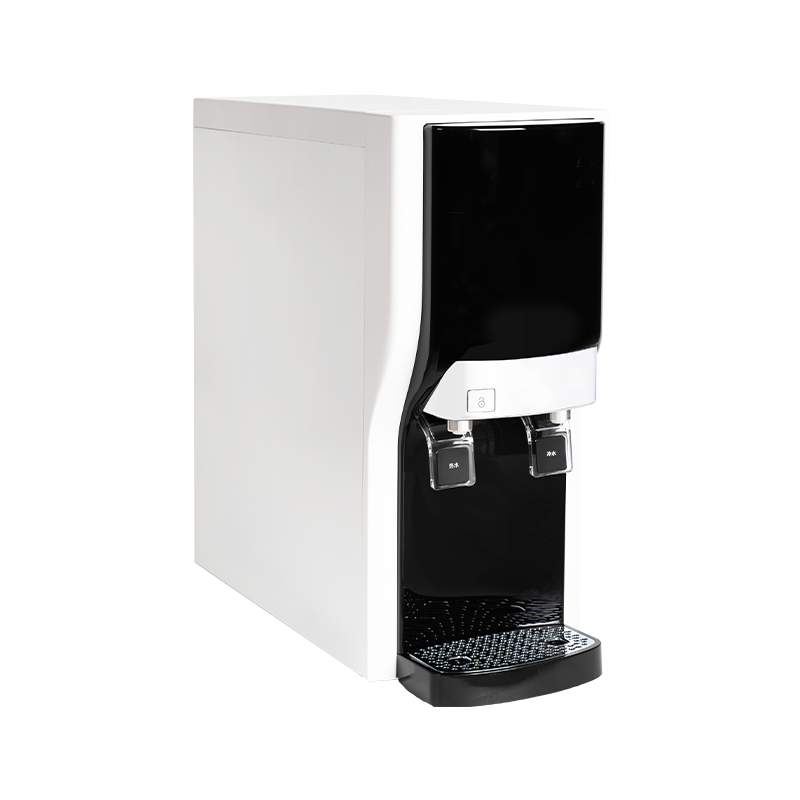

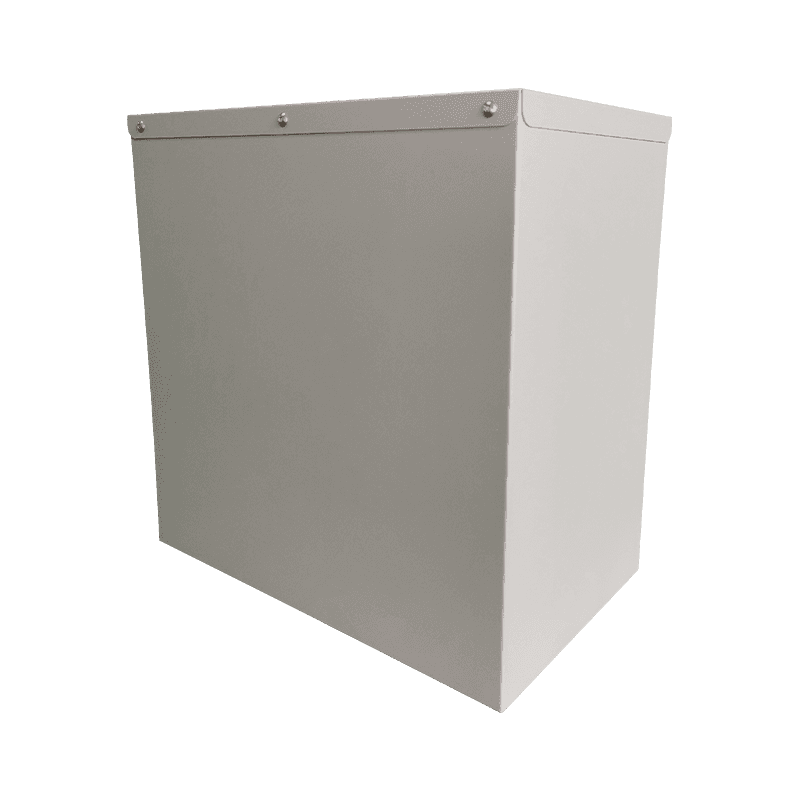
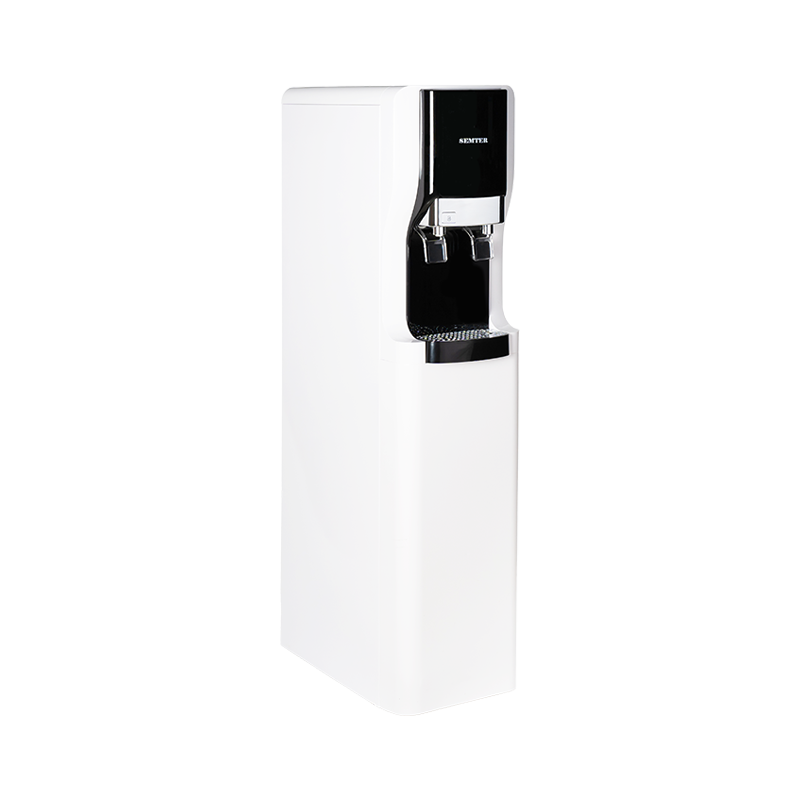
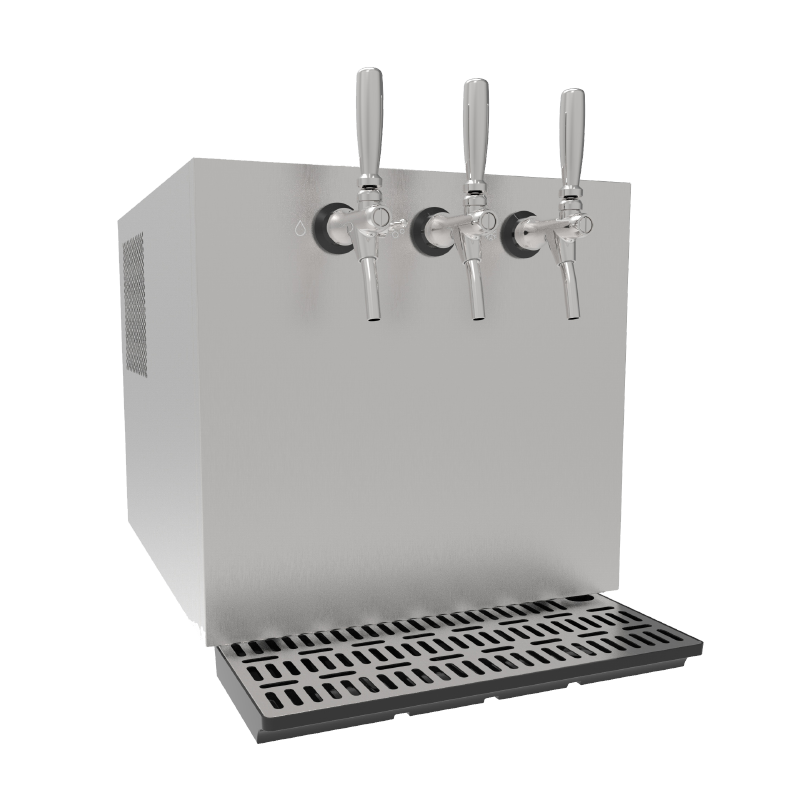
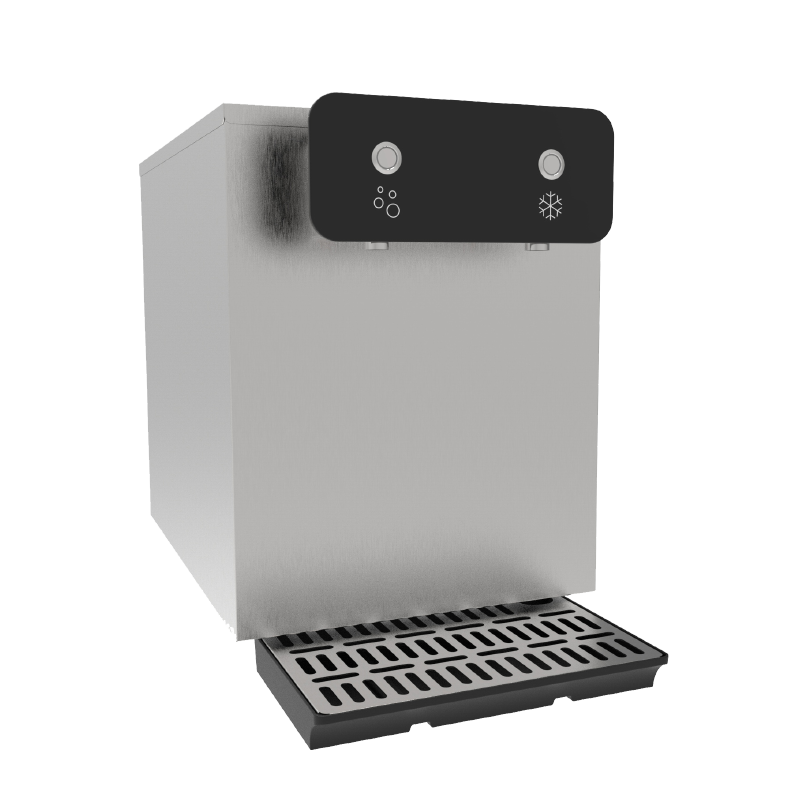
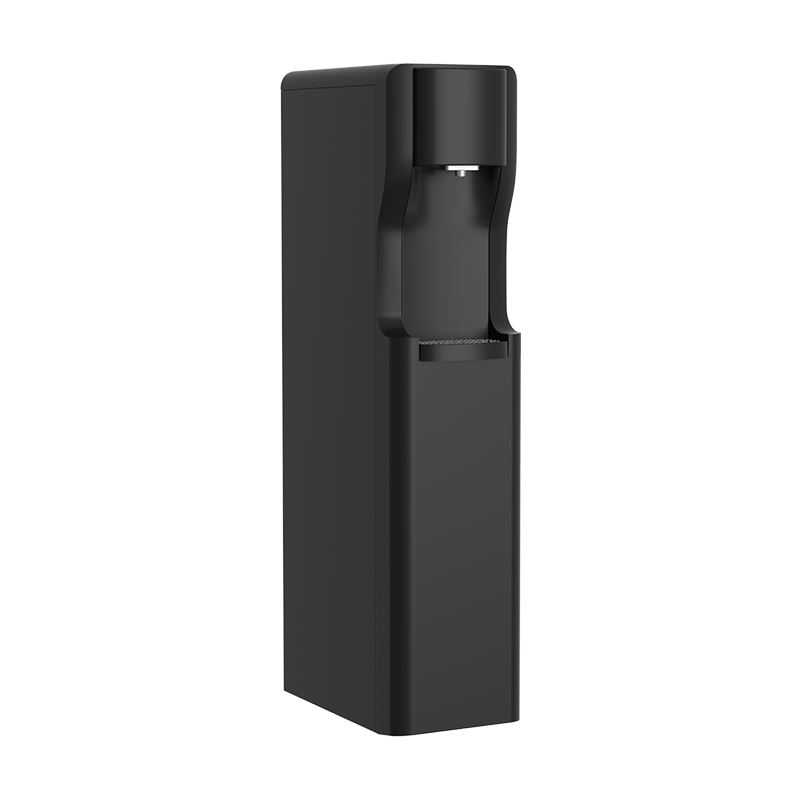
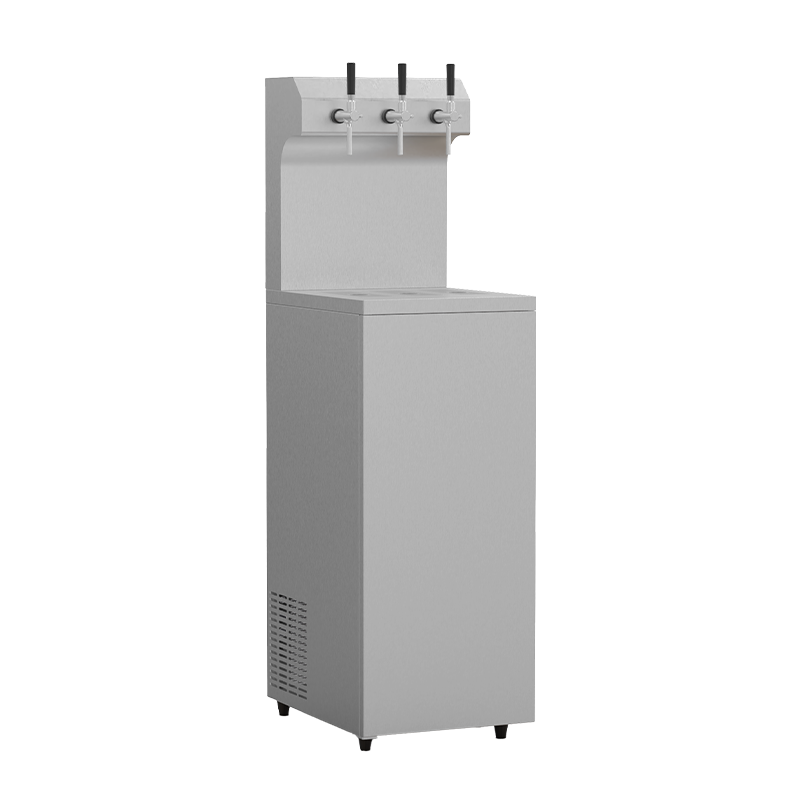
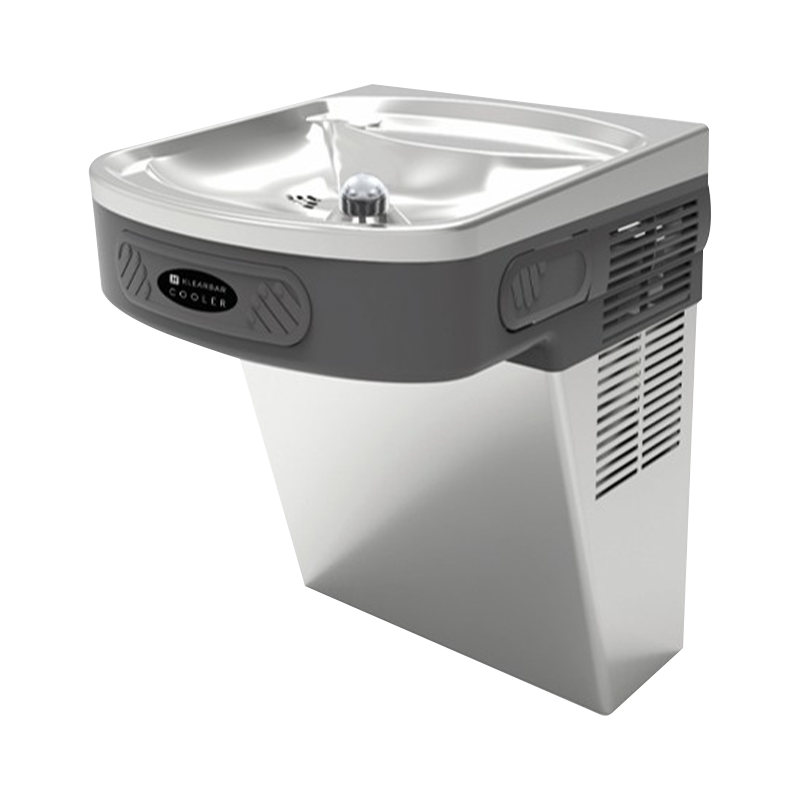
 ADDRESS
ADDRESS CONTACT
CONTACT EMAIL
EMAIL